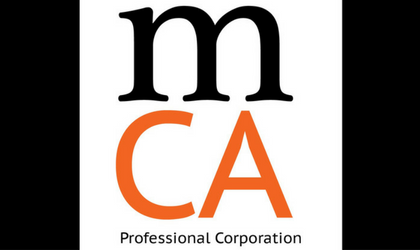What are the benefits/disadvantages of structuring a farm business as a sole proprietorship or a corporation? How is HST dealt with for the sale of the business?
Allan Madan, CA

Corporation vs. Sole Proprietorship
Choose corporation because:
- ability to control timing and amount of taxable income by being able to choose dividends/salary whenever there is a personal need. As a sole proprietorship, everything earned through the business would be taxed at the personal rate.
- lower corporate tax rate of about 15% federal and provincial combined (if you become a small business corporation) – less taxes means increased cash flow. On the other hand, a sole proprietorship, you would be taxed at the personal marginal tax rate.
Choose sole proprietorship because:
- if losses are incurred, ability to use losses against any other type of personal income (investment, employment, etc.) – can apply losses 3 years back or carry forward 20 years. On the other hand, losses incurred in the corporation would remain with the corporation (carrying losses 3 years back – 20 forward would still apply).
- relatively inexpensive to set-up. You will avoid the financial and administrative costs associated with creating and maintaining the corporate structure (incorporating, resolutions, costly corporate tax returns, regulations, etc).
HST on purchase of business
- if you acquire at least 90% of all of the property that can reasonably be regarded as necessary to carry on the business, you and the seller may be able to jointly elect to have no GST/HST payable on the sale by completing Form GST44.
- Both you and the seller must be HST registrant
- In addition, you must buy all or substantially all of the property, and not only individual assets.
- If the above 90% is not met, then seller must collect HST and buyer can claim the HST paid as Input Tax Credit on the buyer’s first HST return.
Other important items
- you must be carrying on this farm business with an intent and view to a profit AND as a source of primary income (not as hobby and not as a source of secondary income), only then will you be able to fully use farm losses. Otherwise, the CRA may reduce your eligible loss use to a “restricted farm loss”
Disclaimer
The information provided on this page is intended to provide general information. The information does not take into account your personal situation and is not intended to be used without consultation from accounting and financial professionals. Allan Madan and Madan Chartered Accountant will not be held liable for any problems that arise from the usage of the information provided on this page.


.png)

SOCIAL CONNECT